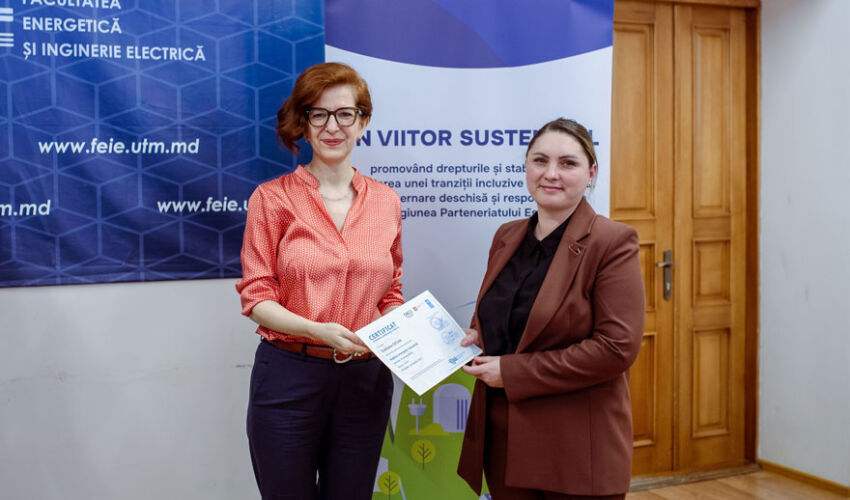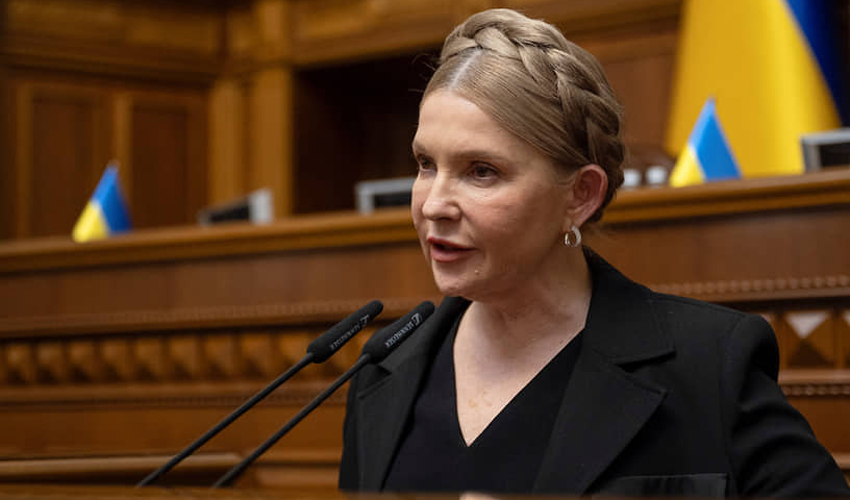
Photo: UNDP Moldova
The demand for industrial energy auditors is driven not only by companies’ growing interest in cost reduction, but also by new legal requirements. At the end of 2024, the government approved a decree obliging large enterprises to conduct energy audits by the beginning of next year.
The main advantage of the program is a certificate of completion, which allows you to work as a registered energy auditor.
“To become such specialists they must be registered in a special electronic register at the National Center for Sustainable Energy. This requires the completion of a master’s program in energy and environment, or the completion of these specialized courses,” explained Dumitru Braga, dean of the Faculty of Energy and Electrical Engineering at TUM.
Of the 29 graduates, 21 have already registered in the NCSE register for audits.
Industrial energy auditing is a new field in Moldova compared to building energy auditing, where there is already a significant number of professionals. The two categories are significantly different.
“Industrial audits are more complex. They include not only buildings, but also production lines and various enterprises that provide goods and services,” said Dumitru Braga. – This complexity means that the industrial sector requires a multi-disciplinary approach that combines technical expertise, process understanding and the ability to offer economically viable solutions.”
That said, more and more women are entering the industrial energy auditing sector. While last year there were only five certified female members of the sector, recent course releases have brought that number up to 15.
Currently, the electronic register of energy auditors lists 54 specialists in the industrial sector.













